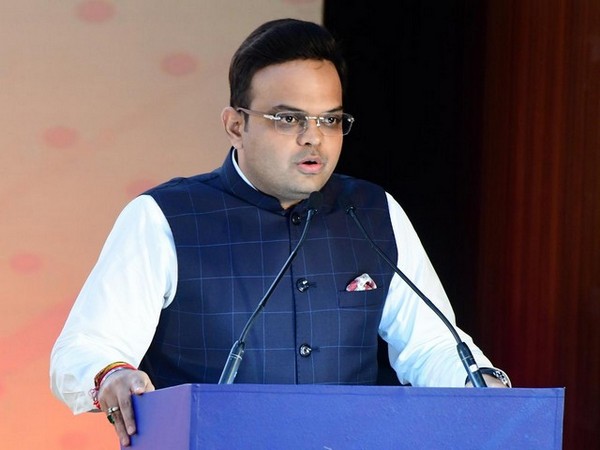Mumbai: Following India’s thumping series win over England, the Board of Control for Cricket in India (BCCI) secretary Jay Shah on Saturday announced the ‘Test Cricket Incentive Scheme’ for the senior men’s team, which will give players extra incentive other than the usual match fees for taking part in the longest format of the game.
Shah took to X (formerly Twitter) to announce that the incentive would serve as an “additional reward structure” on top of existing match fees of Rs 15 lakhs for players. The move will provide “financial growth” and “stability” to players who participate keenly in the most revered format of the sport.
“I am pleased to announce the initiation of the ‘Test Cricket Incentive Scheme’ for Senior Men, a step aimed at providing financial growth and stability to our esteemed athletes. Commencing from the 2022-23 season, the ‘Test Cricket Incentive Scheme’ will serve as an additional reward structure on top of the existing match fee for Test matches, set at INR 15 lakhs,” tweeted Shah.
https://twitter.com/JayShah/status/1766384105908826560/photo/1
Assuming that atleast nine Test matches are in a season, players playing less than 50 per cent or less than four matches will not be applicable for the scheme. Players who play five-six Tests (more than 50 per cent) will be given the incentive of Rs 30 lakh per match on being in playing eleven or Rs 15 lakh per match if not included in playing eleven.
Players who play more than seven matches (more than 75 per cent) of matches will be given an incentive of Rs 45 lakhs per match on being included in playing eleven or Rs 22 lakh per match if not included in playing eleven.
This move reflects the board’s commitment to preserving and valuing the oldest format of the game. The board has in recent weeks urged players to play more Test cricket, be it at the international or domestic level, observing that many players have started to prioritise the Indian Premier League (IPL) over red-ball cricket.
Earlier in February, Shah said, as quoted by ESPNCricinfo, “There is a trend that has started to emerge and is a cause for concern. Some players have begun prioritising the IPL over domestic cricket, a shift that was not anticipated. Domestic cricket has always been the foundation upon which Indian cricket stands, and it has never been undervalued in our vision for the sport.” The BCCI secretary further stated that the board had a clear vision from the start that whoever aspires to play for India should play domestic cricket first.
“It is essential to recognise that domestic cricket forms the backbone of Indian cricket and serves as the feeder line to Team India. Our vision for Indian cricket has been clear from the outset – every cricketer aspiring to play for India must prove themselves in domestic cricket. Performance in domestic tournaments remains a critical yardstick for selection, and non-participation in domestic cricket will carry severe implications,” the Board secretary had added.
After securing a win in the fourth Test against England, Indian skipper Rohit Sharma also expressed that players valuing and showing hunger for Test cricket will be given preference to don the whites.
“This [Test cricket] is the toughest format,” Rohit was quoted as ESPNCricinfo. “And if you want success and want to excel in this tough format, then you need that hunger. It is very important. We will give opportunities only to players who have that hunger. You come to know [easily] the players who do not have that hunger, [or] players who do not want to stay here and play this format. We come to know that,” the India skipper added.
When Cricket’s premier administrative body in the country on February 28 announced the annual retainerships for the 2023-24 season, the apex body of Indian cricket also asked the cricketers to participate in domestic cricket when they were not playing and not representing India. Shreyas Iyer and Ishan Kishan, two young batters under scrutiny for missing out on Ranji Trophy matches, lost their central contracts.
“The BCCI has recommended that all athletes give precedence to participating in domestic cricket during periods when they are not representing the national team,” the Board had said.




















